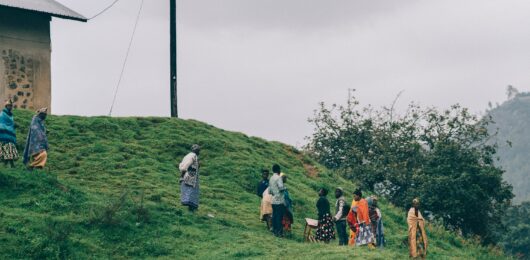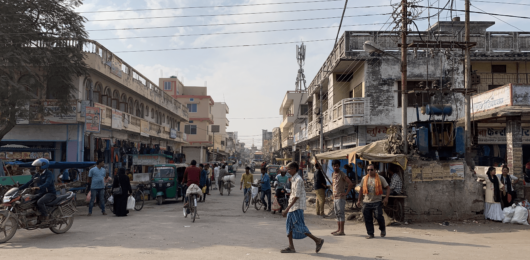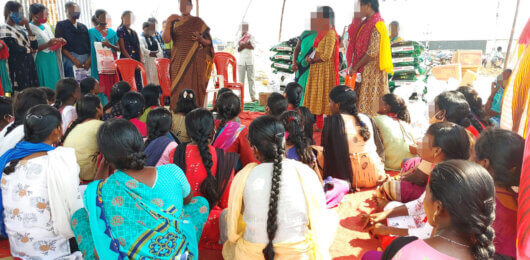Destiny Rescue is expanding rescue operations!
Even as relentless work continues to save children from sexual exploitation in Destiny Rescue’s established Rescue Nations, such as Thailand and Nepal, there are more children in other parts of the world are also in desperate need of freedom.
In order to expand rescue operations to a different region of the world, much time must be taken to carefully assess all aspects of operating in a new area. The first step? Establishing a Pilot Project.
Defining a Pilot Project
There is a commitment to rescuing children from exploitation and helping them stay free throughout the world. Before expanding rescue efforts, several factors must be reviewed, such as the overall trafficking situation, what government resources are available to survivors and what organisations are already on the front lines.
In some circumstances, there’s an opportunity to partner with established entities and work together to begin rescue operations. After diligent research and a rigorous vetting process, programming may be set up in that region in a “pilot” phase.

Choosing Local Partners
Because of the extremely sensitive (and often dangerous) nature of anti-trafficking work, a meticulous and thorough vetting process is used to ensure new partners meet stringent requirements.
Every aspect of the organisation is carefully reviewed. Their development track record, registration, current capacity, policies and systems are all analysed in detail. For the safety of each individual rescued, multiple background checks on key staff members are also performed. Only after these steps are complete is forming a partnership considered.
Dedicated Destiny Rescue local professionals eliminate a significant part of the “learning curve” associated with operating in a new locale or culture. When they join forces with local organisations, Destiny Rescue can efficiently combine specialties and proficiencies, which reduces the time needed to begin rescue operations.

Assessing Operations
Once Destiny Rescue decides to initiate the pilot phase, theory meets action in the form of a flexible and safe trial run. It’s essential that resources are appropriately allocated and operations offer robust and sustainable solutions that truly help children be rescued and stay free.
Pilot projects offer the chance to assess several factors: collaboration with local partners, budget requirements, scalability and staff needs. Because operating in a pilot phase allows space to learn and grow without the weight of external pressure, this time can be used to learn what adjustments are needed before a full launch.
Destiny Rescue leadership also uses this pilot phase to assess whether operating in this new region is the best use of resources. The priority is rescuing children; anything that diverts from that goal is dropped.

Launch
Once the partners are vetted, operations are healthy, the budget is stable, and sufficient Freedom Plans are in place, it’s time for the next step. After reviewing essential metrics, the pilot phase is exited and a full-scale, long-term commitment is begun, announcing the project as established fully in that location as an official Rescue Nation.

Donate with Confidence
The Child Rescue Charitable Aid Trust is a registered New Zealand charity: CC 50751. An Annual return is filed each year with Charities Services which is a NZ Government organisation under the Department of Internal Affairs. Annual reports to Charities Services can be viewed here. View our Financial Integrity webpage here.
Child Rescue is the New Zealand branch of the Destiny Rescue family, a global network of organisations. Our collective focus is to rescue children from sexual exploitation and human trafficking and support their long-term freedom.

 US & International
US & International Australia
Australia United Kingdom
United Kingdom